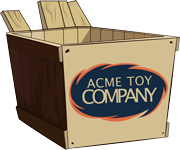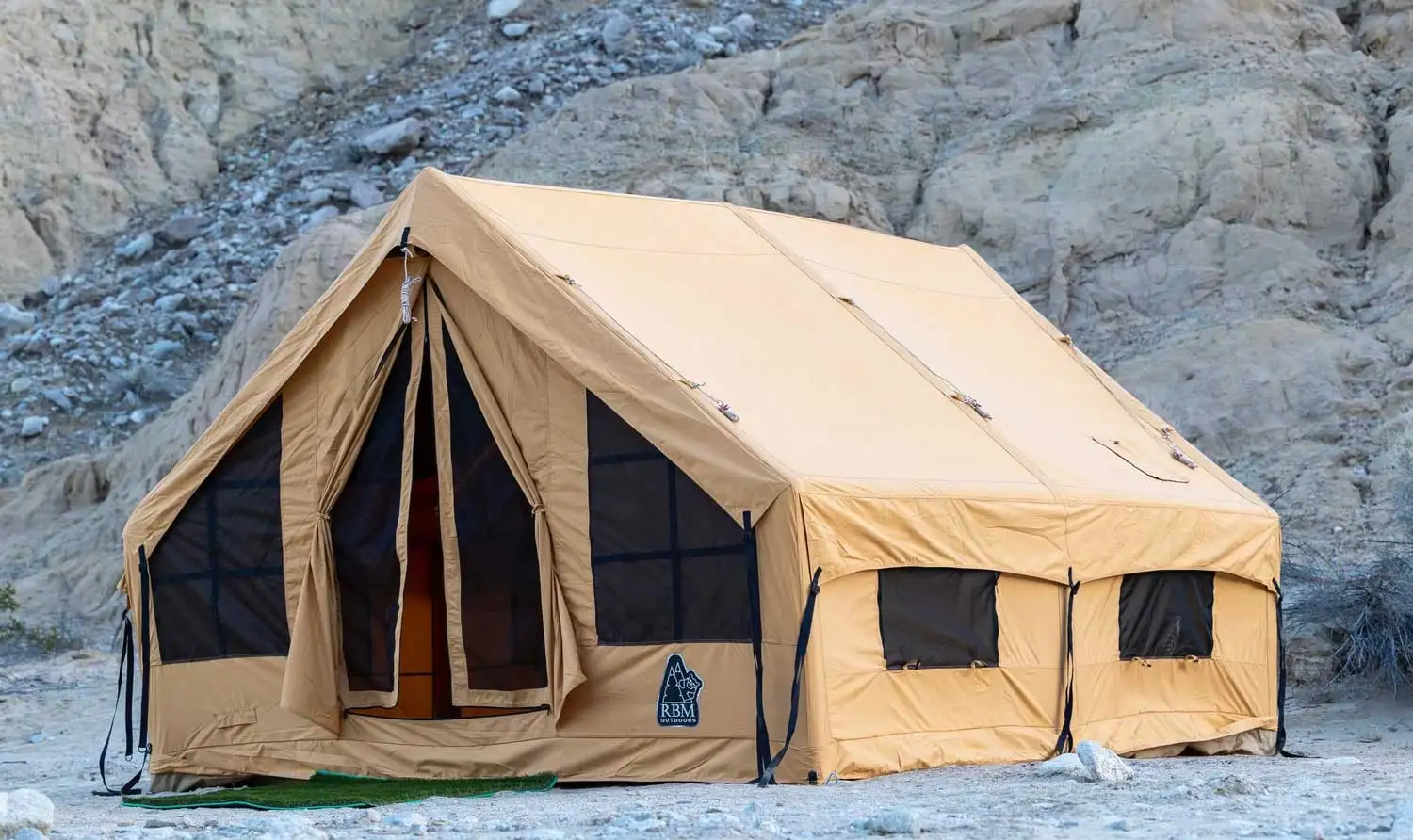10 tips for using a blow up tent house safely, such as staking the tent down in windy conditions, preventing condensation, and keeping it clean and dry
When it comes to using a blow up tent house safely, there are several essential tips to keep in mind. First and foremost, it is crucial to properly stake down the tent, especially in windy conditions.
The inflatable nature of these tents makes them vulnerable to strong gusts of wind. To prevent any mishaps or accidents, ensure that all the anchoring points are securely fastened to the ground using sturdy stakes.
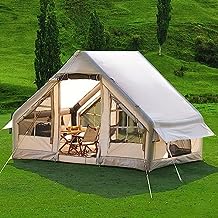
Additionally, use additional guy lines if necessary to provide extra stability. Condensation can be a common issue when using blow up tent houses due to their airtight nature.
To avoid excessive moisture buildup inside the tent, it is advisable to ventilate it properly. This can be achieved by partially opening the doors or windows during the day when temperatures are higher and closing them at night when temperatures drop.
Utilizing vents if available can also help regulate airflow and minimize condensation. Furthermore, maintaining cleanliness and dryness is vital for both safety and comfort while using a blow up tent house.
Regularly sweep away any dirt or debris that may accumulate on the floor or walls of the tent. If possible, use a portable vacuum cleaner for an even more thorough clean-up.
Additionally, after camping trips in wet weather conditions, ensure that the tent is dried completely before packing it away to prevent mold or mildew growth. By following these tips – staking down in windy conditions, preventing condensation through proper ventilation, and keeping it clean and dry – you can significantly enhance your safety while using a blow up tent house without compromising on comfort or convenience.
Examples of accidents that have happened when people have not used blow up tent houses safely
Accidents can occur when individuals fail to follow proper safety measures while using blow up tent houses. It is crucial to understand the potential risks and learn from past incidents.
By examining some examples of accidents that have happened due to improper usage of blow up tent houses, we can gain valuable insights into the importance of safety precautions. One common accident involves not properly staking down the tent in windy conditions.
Windy weather can create a significant risk for blow up tent houses, as they are more susceptible to being blown away compared to traditional tents. Without proper anchoring, a strong gust of wind can easily lift the tent off the ground, causing it to become airborne and potentially injuring anyone inside or nearby.
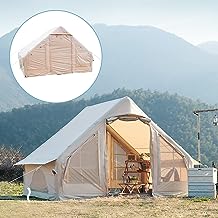
There have been instances where individuals neglected to secure their blow up tent properly, leading to hazardous situations where people were injured by flying debris or trapped inside a collapsed structure. Another accident that has occurred is related to improper ventilation and condensation control within the blow up tent house.
These tents are designed with breathable materials and ventilation systems that allow adequate airflow inside. However, if users fail to ensure proper airflow or ignore condensation buildup, it can lead to discomfort and potentially dangerous situations.
For example, excessive condensation may accumulate on the walls or ceiling of the tent, causing drips that could damage personal belongings or even create slippery surfaces leading to falls and injuries. Additionally, inadequate ventilation in hot weather can lead to heatstroke or dehydration for occupants unaware of these risks.
Examining such accidents highlights the dire consequences that can arise from neglecting safety measures when using blow up tent houses. It emphasizes why it is crucial for users to be aware of these potential hazards and take appropriate precautions before enjoying their outdoor experience within these structures.
Advice from experts on how to avoid accidents when using blow up tent houses
Properly setting up and using a blow up tent house requires a certain level of expertise to ensure safety. To help you avoid accidents and make the most out of your experience, we have sought advice from experts in the field.
Here are some valuable tips they shared:
1. Site Selection:
Experts advise choosing a suitable location for your blow up tent house. Ensure the ground is level and free from sharp objects or debris that could puncture or damage the tent material.
Avoid areas prone to flooding or excessive wind gusts, as these conditions can compromise the structural integrity of the tent.
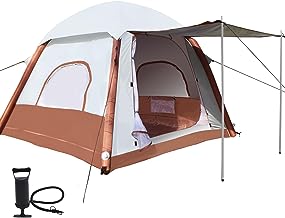
2. Proper Staking:
To keep your blow up tent house secure, experts emphasize properly staking it down using high-quality, sturdy stakes and guylines. Drive the stakes deep into the ground at an angle away from the tent to provide maximum stability.
Make sure they are tensioned adequately by applying steady pressure while ensuring not to overstretch the material.
3. Wind Considerations:
Experts stress that strong winds pose one of the greatest risks when using a blow up tent house. Therefore, it’s crucial to understand wind management techniques recommended by experts for optimal safety.
These include orienting your tent in a way that minimizes its exposure to prevailing winds and utilizing natural windbreaks like trees or other solid structures whenever possible.
4. Regular Inspections:
Another essential piece of advice from experts is conducting regular inspections of your blow up tent house while it is in use. Examine all seams, zippers, and connections for any signs of wear or damage that could compromise its structural reliability over time.
Additionally, check for proper tensioning on guylines and stakes regularly throughout your stay. By following these expert recommendations on avoiding accidents with blow up tent houses, you can enhance both your safety and enjoyment during outdoor adventures without compromising on comfort or convenience.
Overall
It is evident that utilizing a blow up tent house can provide a unique and enjoyable camping experience. However, it is crucial to prioritize safety by following the aforementioned tips.
Acme Toy Company has found that by staking the tent down securely, one can ensure its stability during inclement weather conditions, reducing the risk of accidents or damage. Additionally, preventing condensation through proper ventilation and utilizing moisture-absorbing materials will enhance comfort and safeguard against potential health hazards.
Moreover, maintaining cleanliness and dryness within the tent plays an integral role in promoting overall safety. Regularly clearing debris from both the interior and exterior of the tent prevents any tripping hazards or potential fire risks.
Furthermore, keeping the tent dry helps avoid mold growth and prolongs its lifespan. By adhering to these essential guidelines for using a blow up tent house safely, outdoor enthusiasts can embark on their camping adventures with confidence and peace of mind.
Remember that while challenges may arise in any outdoor setting, being prepared with knowledge not only ensures safety but also enhances the overall enjoyment of your camping experience. So go ahead—embrace nature’s wonders responsibly and create unforgettable memories under starry skies!
